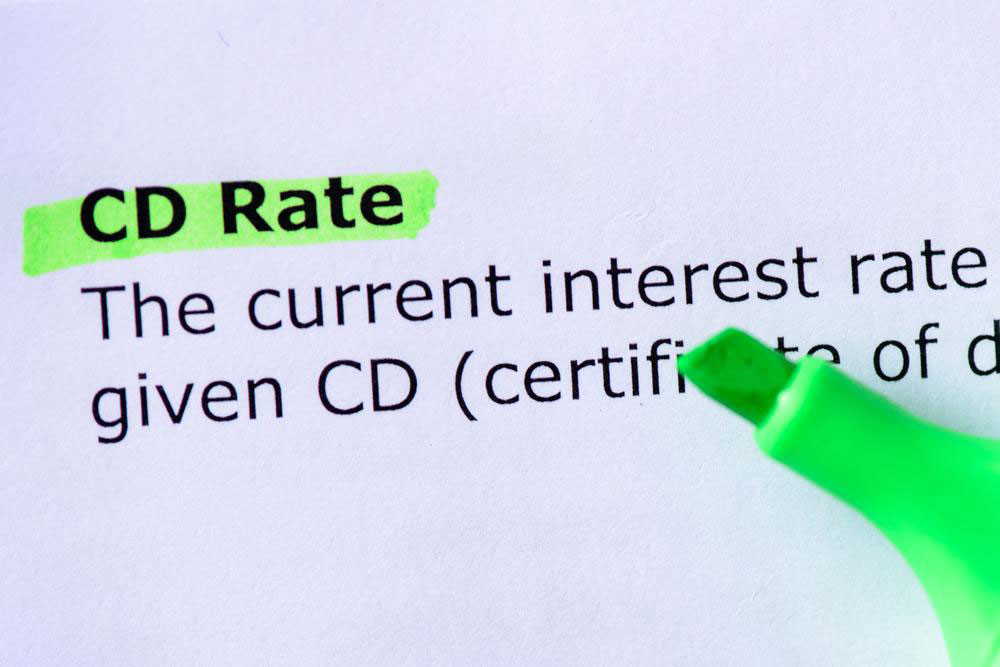Advantages of opening a Bank account
Here is a list of the benefits of having a bank account:
Convenience: If you have a checking account, you can easily pay your bills without having to go through the process of withdrawing the money. Most banks also provide thousands of ATMs which are beneficial to the customer. These ATMs offer fee-free service. Banks also provide clients with credit and debit cards which can be used to make payments in place of cash.

Safe: Bank accounts are a safe way of storing any money you have and are not using. It is better to save the money in a bank account than at home. The money in the account can also be insured up to an amount of $100,000 which adds to the safety, in case anything goes wrong at the bank. At the time of closing of the bank, you are entitled to receive all of your money.
Savings: Banks have an option of opening a savings account. This inculcates the habit of saving money. Usually, the bank provides interest on the balance in the savings account, which also helps your money grow. If you have a checking and a savings account in the same bank, you can create a system where money is periodically transferred from your checking account to your savings account, to increase the amount of savings which can be used in the future. It is best to be cautious and check the fees applicable while opening and using a savings account as you will not want to pay more than you earn.
Credit access: Banks, financial institutions and credit unions can help you gain credit access to pay for a home, a car, an education or for any other personal reasons. It is better to acquire loans from banks over private lenders because private lenders charge high lending fees and high rates of interest. The banks also may charge fees for various purposes, but they are not as high as those of a private lender.




